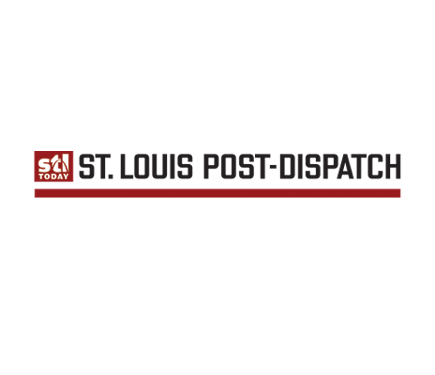The editorial “Standing tall for sneakiness” (June 4) accused me of distorting the First Amendment “beyond anything the Founders ever imagined.” Have you read it lately? It says, in part, that government “shall make no law … abridging the freedom of speech, or of the press; or the right of the people peaceably to assemble.” And yet the editorial appears to endorse new laws infringing on our right to privacy to join and support groups.
Perhaps you want to limit the right of elected officials, like Eric Greitens, to raise money for advocacy groups. If so, tread carefully. And certainly don’t endorse new laws ensnaring groups independent of elected officials from forming and speaking out on public policy while ensuring their members keep their privacy.
In supporting privacy for these groups, the group I run does not stand alone. We stand with the Supreme Court. In NAACP v. Alabama, the court ruled that government can’t force nonprofits to turn over their membership lists. The justices warned that such disclosure “may constitute as effective a restraint on freedom of association as (other) forms of governmental action.”
In Talley v. California, the high court said disclosure requirements “would tend to restrict freedom to distribute information and thereby freedom of expression … fear of reprisal might deter peaceful discussions of public matters of importance.”
Such privacy rights related to speech also protect an independent media. Some elected officials want new laws to punish the press for publishing leaks or quoting anonymous sources. The media, including the Post-Dispatch, need to realize that the First Amendment gives it no more rights than citizens who form groups. Attacking citizen rights to free speech undermines the media’s rights to the same.
This post originally ran in St Louis Post Dispatch on June 7th 2017.














